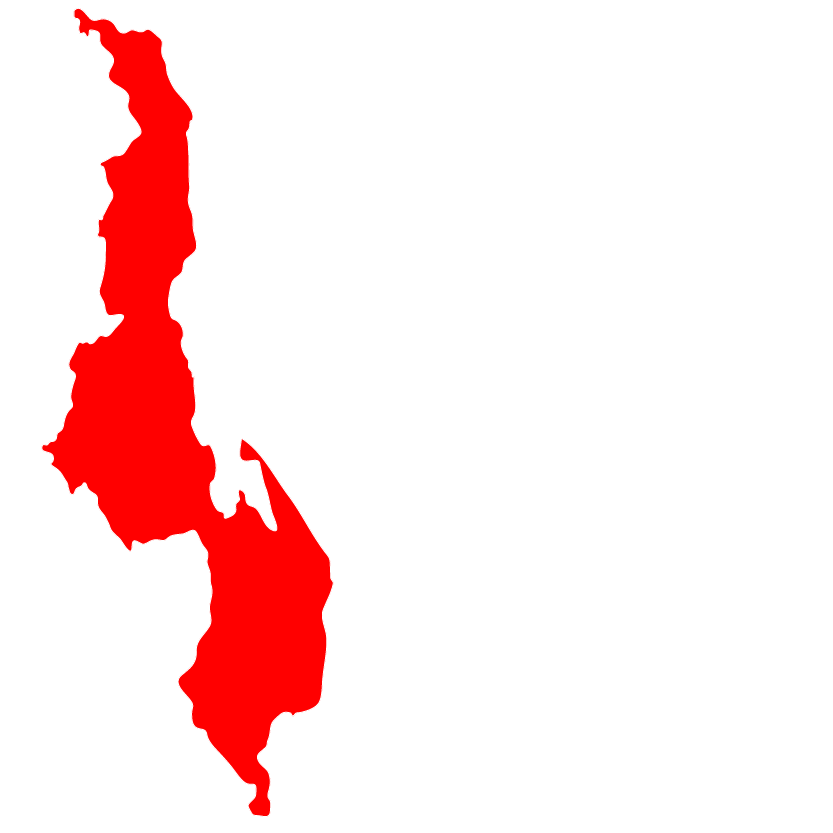In 2015 and 2016, Malawi experienced the El Niño weather phenomenon, manifested by poor distribution of rainfall and prolonged dry conditions, which resulted in delayed planting and poor crop development. The Malawi Vulnerability Assessment Committee (MVAC) report of June 2016 showed that a minimum of 6.5 million people (39% of Malawi’s population) will not be able to meet their annual food requirements during the 2016/17 consumption period, in 24 of the Malawi’s 28 Districts. This protracted drought was combined with floods in some areas of Malawi, which have also increased the risk of water-borne disease outbreaks.
On 12th of April 2016, His Excellency President of Malawi Professor Arthur Peter Mutharika, declared the ongoing severe drought a national disaster requiring external support. The government has since allocated USD 48,630,137 for maize purchases in the 2016/17 budget. In addition, the World Food Programme (WFP) has launched a Joint Emergency Food Assistance Programme (JEFAP) to assist vulnerable households with relief food items. However, the magnitude of the problem will require other agencies to complement government and WFP efforts. The government has also called upon well-wishers to assist the people in Malawi, especially those in the worst affected areas.
The ACT Forum in Malawi is planning to respond to the crisis through ACT members the Churches Action in Relief and Development (CARD) and the Evangelical Lutheran Development Service (ELDS), in two districts: Chikwawa and Nsanje. At the moment no response by government or any other actor has started in the proposed Districts although according to the MVAC, recommendations for response was supposed to start by July 2016 in selected Districts.
preliminary-appeals_09_2016_severe-drought-response-in-malawi_mwi161
